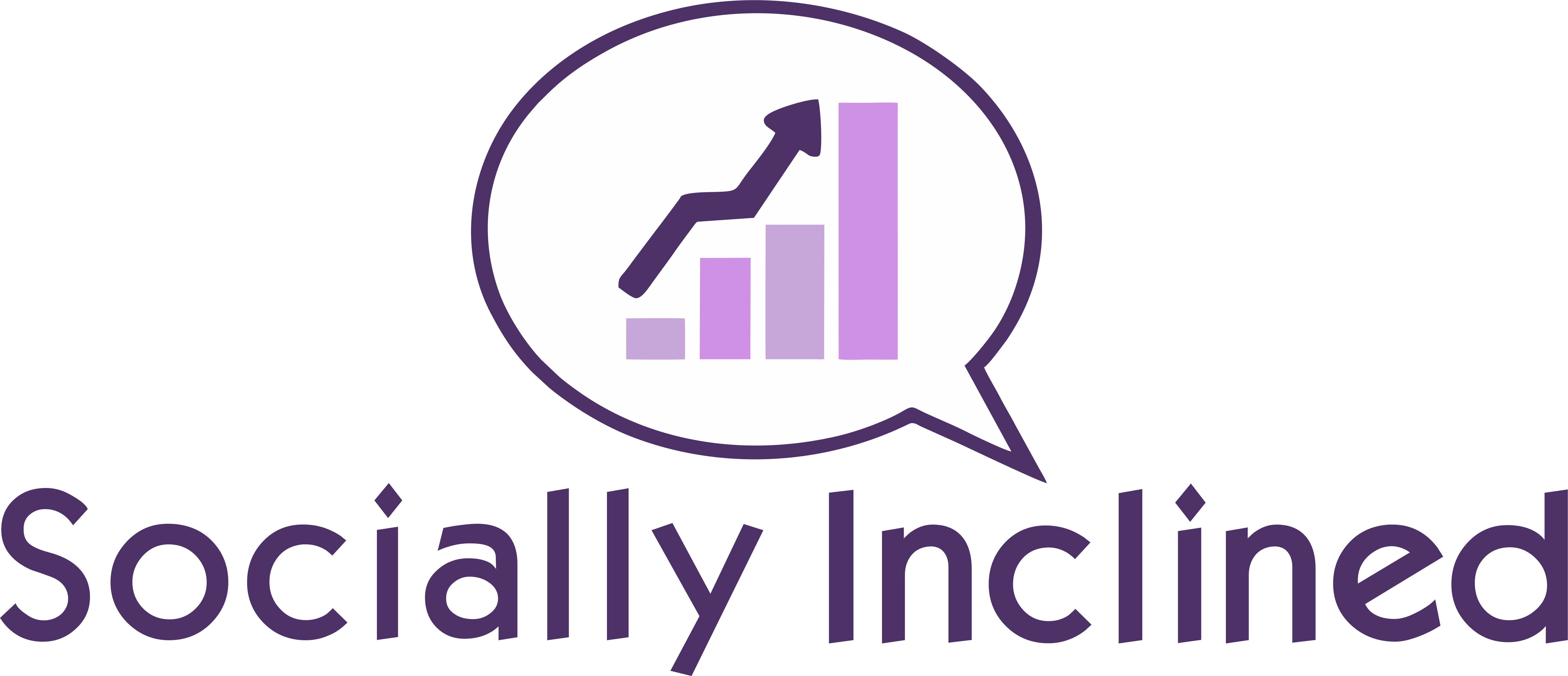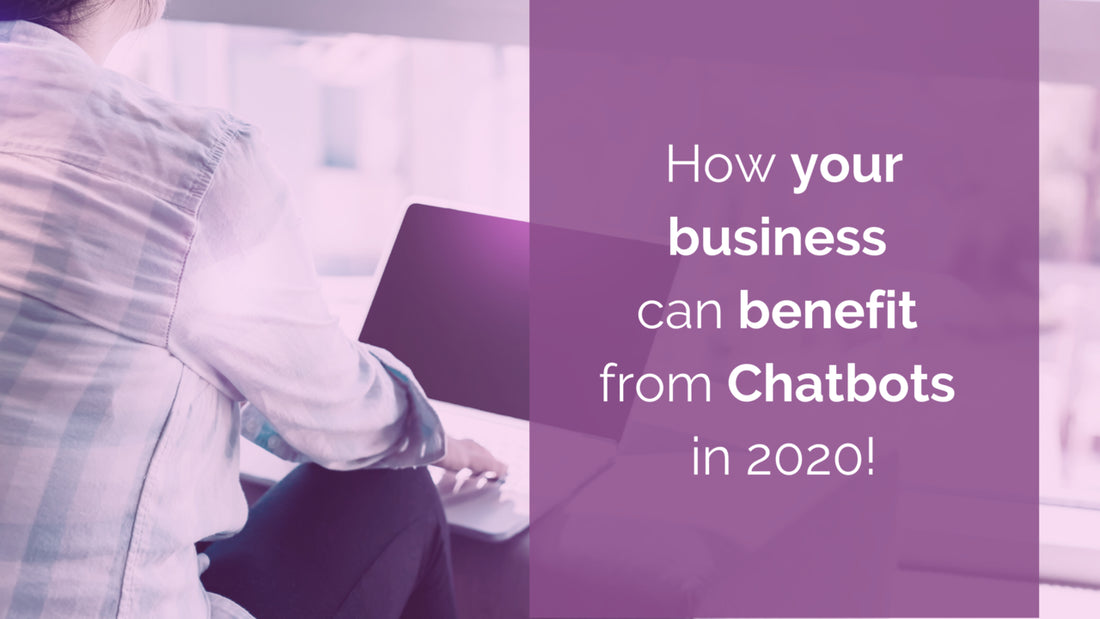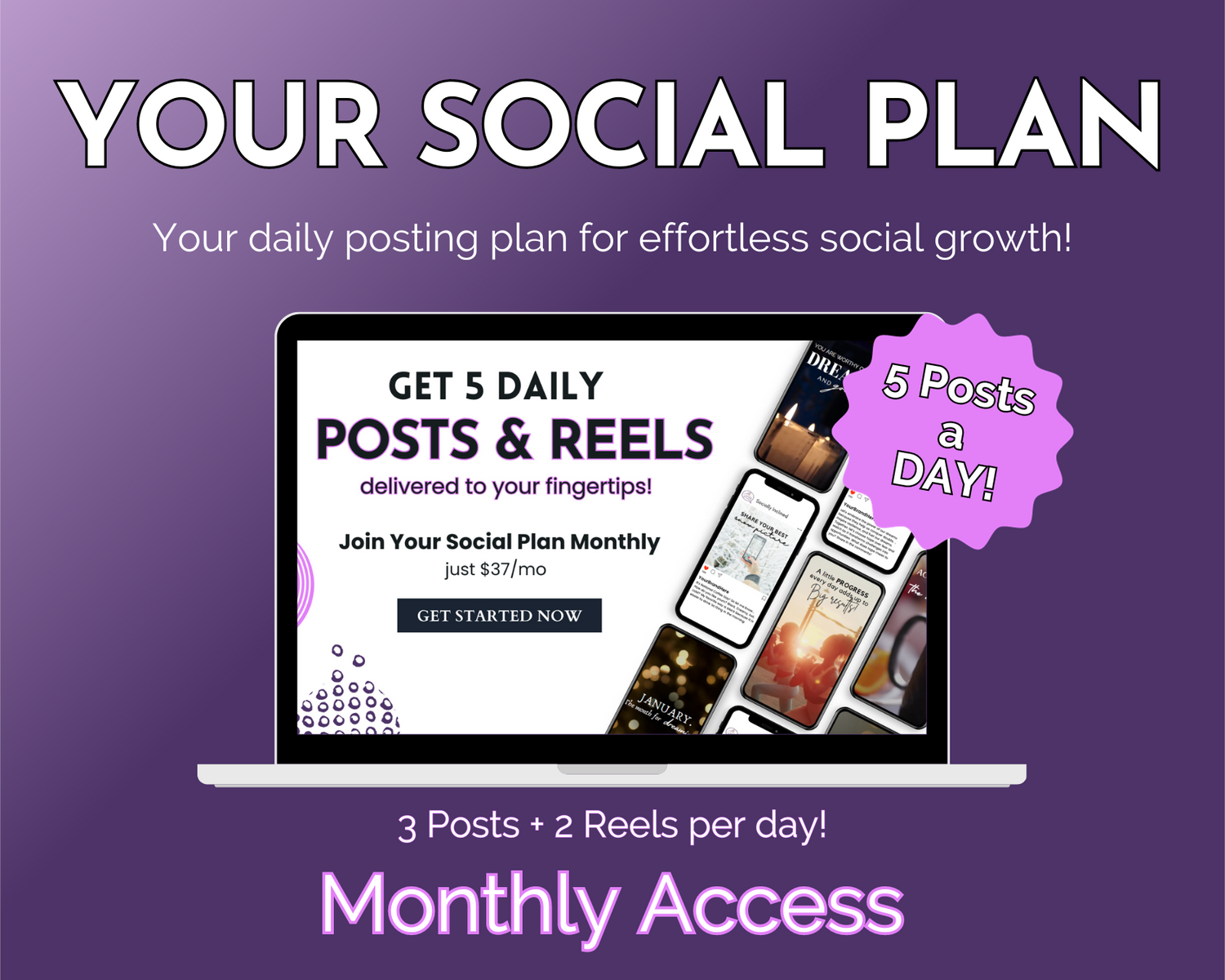2019 has been the year of the chatbot.
Businesses who have adopted the chatbot trend have been able to support and scale their business operations by offering convenient and efficient communication to their customers.
Implementing chatbots has also helped businesses increase their sales, by providing 24/7 chat support to customers who need questions answered before they buy.
So, what is a chatbot and how can your business benefit from one? Sit tight! We’re about to unpack everything you need to know.
What is a chatbot?
A chatbot is an automated messaging system or computer program that interacts with your customers on your behalf. Chatbots are integrated into the back end of your website and pop up as a chatbox on the front when a visitor reaches your website.
Welcome to the future!
In 2001, A.I. might have spurred images of a young Haley Joel Osment. Jump forward 18 years and A.I. (artificial intelligence) is at the heart of modern-day advertising and marketing. In marketing, the role of artificial intelligence is to anticipate the customers’ needs and provide the information or resources they need to make a purchase decision.
If you’re trying to get your head around how artificial intelligence is used in marketing today and how you can leverage it in your business, start with understanding and using your own chatbot.
How does it know what to say? Chat
Your chatbot is prepopulated with a series of questions, answers and resources to help your customers through their purchase journey. Think of it like a smarter, more engaging FAQ channel. The prepopulated list of questions and answers is meticulously mapped out and tells your chatbot how to behave or respond when certain actions are taken, or questions are asked.
More advanced chatbots and virtual assistants can be customized to do a lot more than handle customer queries. They can be integrated with booking systems and other communication platforms enabling people to make reservations and purchases.
Chatbots for the hospitality industry (hotels and restaurants)
20 years ago, you might have found Trudy or Kenneth at a desk answering the phone and taking reservations in a dusty old reservation book. In 2019, you’ll find Trudy and Kenneth enjoying the finer things in life while their chatbot takes care of bookings and reservations for them.
Benefits of chatbots for hotels and restaurants
Here’s what you can expect from effectively implementing a chatbot on your hotel or restaurant’s website:
- An increase in direct bookings. Visit Skyscanner or booking.com to see their reservation tool in action.
- Reduction in-office hours. A chatbot can handle many questions and activities that would otherwise be managed by a receptionist.
- A better understanding of the different profiles of guests and travelers and appropriate offers based on their profiles.
- Better customer experience. Guests can opt-in for information on things to see and do in the area, helping them get the most out of their stay.
- Better customer service. Guests can get the support they need 24/7.
- Better customer satisfaction. The ease of booking through a chatbot is unbeatable!
- An increase in reviews. Emails requesting reviews get lost in a busy inbox. A chatbot prompts reviews that are quick and easy to submit.
Best chatbots for the hospitality industry
Our recommendations for chatbots in this industry are Trilyo, HiJiffy, and LivePerson.
Chatbots for the retail industry
Simplicity makes sales. If retail brands make it easy for their customers to buy from them, they will! Chatbots help retailers make more sales by providing customer support and customized suggestions to shoppers, increasing the chance of a sale.
Benefits of chatbots for the retail industry
In retail, some of the benefits of implementing a chatbot include:
- Less abandoned carts. We’ve all added items to a cart and failed to check out (for whatever reason). A chatbot reminds you to checkout, encourages you to complete your purchase, or offers you a discount if you check out within a certain timeframe.
- Enhanced and smoother customer service. Chatbots are available 24/7/365 to answer any concerns a visitor might have about a product. Knowing everything you need to know about the product increases the likelihood of you making a purchase.
- Customized post-sale offers. Chatbots can send custom offers and information to customers based on their previous purchases.
- Increase in conversion rates. Lack of sales on an Ecomm website is often as a result of a poorly designed conversion funnel. Chatbots make the purchase journey super simple helping increase conversions.
- Driving sales! All these benefits combined naturally drive sales.
Best chatbots for the retail industry
IBM Watson Assistant, Bold 360, and LivePerson.
Top 3 best chatbots in 2019 and 2020?
There are hundreds of chatbots available to you. Some paid, some free. Some basic, some customizable. Here are our top picks for chatbots in 2019 and 2020.
LivePerson
The thing we love most about LivePerson is that it is suitable for all industries. Text messaging, Google Rich Business Messaging, Apple Business Chat, Line, Facebook Messenger, WhatsApp, and Google AdLingo can all be integrated into the chatbot.
Inbenta
Designed for the needs of enterprise brands Inbenta has a simplistic interface and can handle simple demands with a high level of intelligence. The best feature Inbenta has to offer is the ability to detect when the conversation needs a human to step in.
IBM Watson Assistant
Suitable for big brands and businesses, Watson Assistant has been designed by IBM, the leader in A.I. solutions. This chatbot is a lot more advanced and recommended for larger businesses that require more extensive support and chatbot capabilities.
Regardless of your personal views on talking to a robot, customers set the demands and don’t really have a preference when it comes to dealing with a robot or a human, as long as they get what they need*. Your business could very well be a chatbot away from better customer support, happier customers, and more sales. So, what have you got to lose?
Love this post? Share it on Pinterest!











